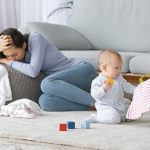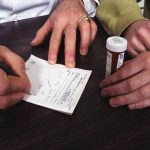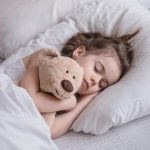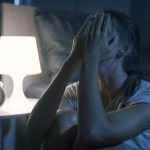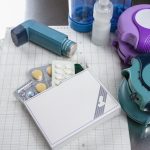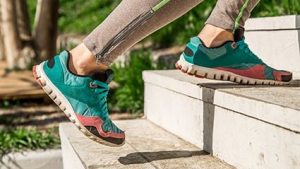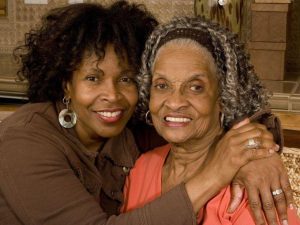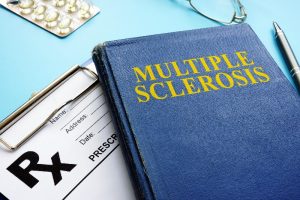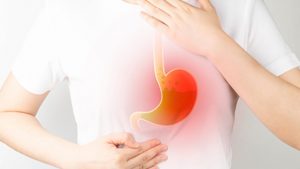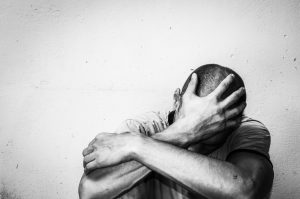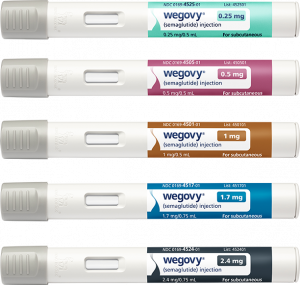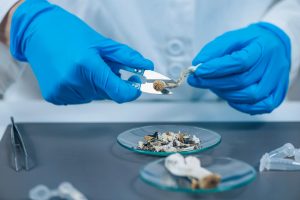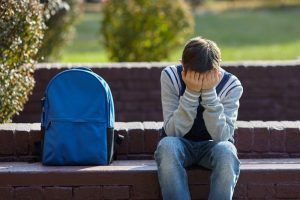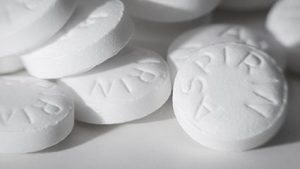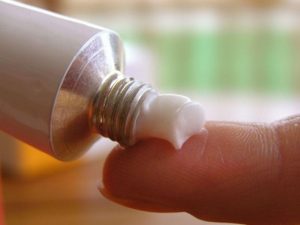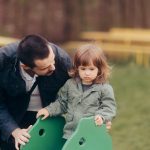
Kids and teens are struggling with their mental health in America, and one new report suggests the overinvolvement of parents may be partly to blame. Kids don’t get to roam any more. They’ve lost time for free play and risk-taking amid parents’ fears about the dangers of the world, said report co-author David Bjorklund. While people think the lack of independence and the growth in mental health issues is new, it’s been a lot more gradual, said Bjorklund, a professor in the psychology department at Florida Atlantic University College of Science, in Boca Raton. “It’s not a really new phenomenon. It’s a growing one. And it’s been growing for decades,” Bjorklund said. The trend emerged in the 1960s and really accelerated in the 1980s, the authors said. Some eventually dubbed the trend “helicopter parenting.” Adults were well-intentioned in wanting to protect children, according to the paper, but this has deprived kids of the independence they need for mental health. And now young people are experiencing high levels of anxiety, depression and suicidal ideation. In 2021, the American Academy of Pediatrics, the American Academy of Child and Adolescent Psychiatry, and the Children’s Hospital Association issued a joint statement to the White House that child and adolescent mental health be declared a “national emergency.” Last month, the U.S. Centers of Disease Control and Prevention reported on the… read on > read on >











